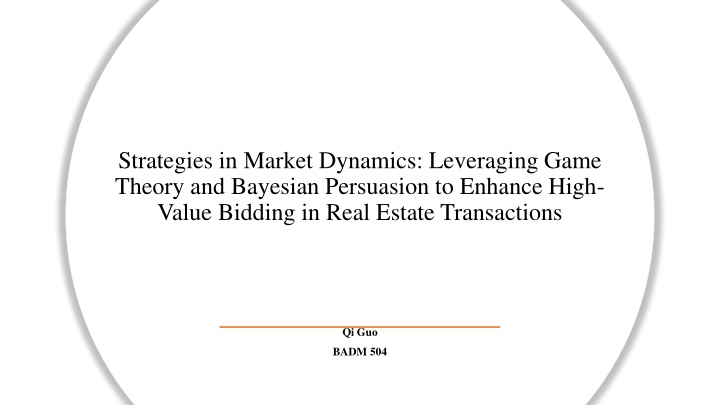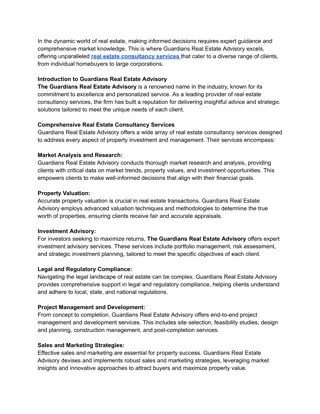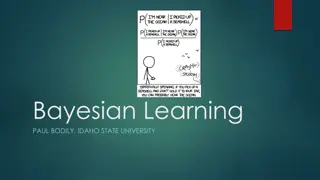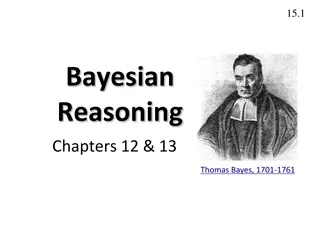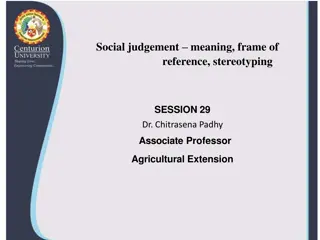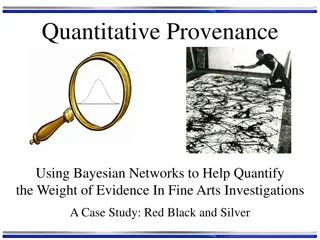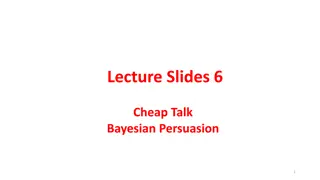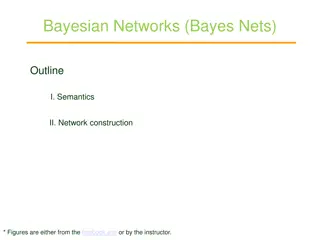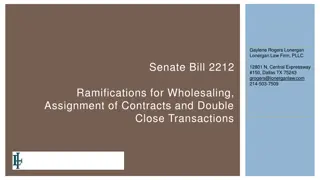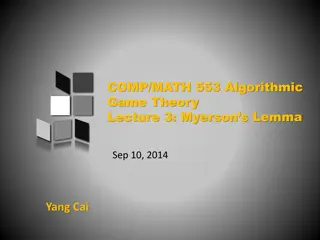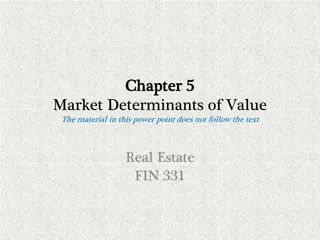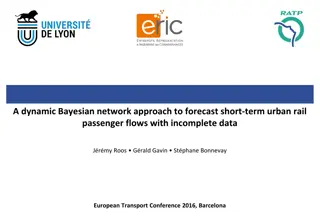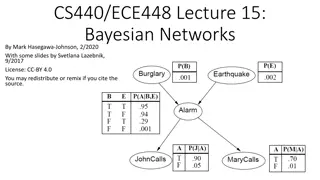Enhancing Real Estate Bidding with Game Theory and Bayesian Persuasion
Explore how game theory and Bayesian persuasion can be leveraged in real estate transactions to influence bidding behavior, address information asymmetry, and navigate market dynamics. Understand the role of agents, impact on property prices, and challenges faced in high-value transactions.
Download Presentation

Please find below an Image/Link to download the presentation.
The content on the website is provided AS IS for your information and personal use only. It may not be sold, licensed, or shared on other websites without obtaining consent from the author.If you encounter any issues during the download, it is possible that the publisher has removed the file from their server.
You are allowed to download the files provided on this website for personal or commercial use, subject to the condition that they are used lawfully. All files are the property of their respective owners.
The content on the website is provided AS IS for your information and personal use only. It may not be sold, licensed, or shared on other websites without obtaining consent from the author.
E N D
Presentation Transcript
Strategies in Market Dynamics: Leveraging Game Theory and Bayesian Persuasion to Enhance High- Value Bidding in Real Estate Transactions Qi Guo BADM 504
Motivation and Background Real Estate Market Dynamics: It's important to consider how market conditions (like supply and demand, economic trends, and regional factors) impact property prices. Role of Agents in Real Estate: Their strategies, motivations, and how they impact the market would be crucial components of the background. Game Theory in Economics: It would be used to model and understand the behaviors and decisions of bidders, sellers, and agents. Bayesian Persuasion and Information Asymmetry: It would help in understanding how beliefs and expectations are shaped in the context of property valuation. Practical Challenges in Real Estate Transactions: It would address the practical challenges faced by agents and participants in real estate markets.
Do the seller's agent significantly influence bidders on the bidding price in real estate transactions? Research Questions
Literature Review Principal-Agent Relationship: the principal s (seller's) problem is to design a contract that induces the agent to adopt a selling strategy that maximizes the owner's expected return (Arnold 1992). In some cases, real-estate agents even drive up the cost of homes by pushing for all-cash offers that trigger automatic bidding wars (Schwartz 2022). Game Theory in Real Estate: Bayesian Persuasion in Real Estate: how agents, by withholding or selectively disclosing information, can influence bidders to bid higher than their true value, a tactic that aligns with game theory principles (BANTA 2023). seller to disclose inefficiently more information and charge a higher price, resulting in fewer sales and lower profit (Chen Zhang 2020).
Criteria 1.Search String Definition: 1. Primary Keywords: Start with core terms directly related to your research question. For instance, "real estate transactions," "game theory," and "Bayesian persuasion." 2. Extended Keywords: Include related terms to broaden the search scope, such as "property bidding," "market dynamics," "strategic communication in real estate," and "information asymmetry in property sales." 3. Total Search Strings: Combine these primary and extended keywords in various ways to create a comprehensive list of search strings, ensuring a wide coverage of relevant topics.
Criteria 2. Inclusion/Exclusion Criteria (C-I-M-O Paradigm): 1. Context (C): Focus on studies that are set in the context of real estate markets, particularly those involving high-value transactions. 2. Intervention (I): Include studies where game theory or Bayesian persuasion are used as strategic tools or frameworks in real estate transactions. 3. Mechanism (M): Look for articles that explore how these theories influence bidder behavior or transaction outcomes. 4. Outcome (O): Focus on studies that analyze the impact of these strategies on the bidding price, sale price, or market dynamics.
Criteria 3.Source Selection: Choose databases and journals that are renowned for their focus on economics, real estate, and strategic decision-making to ensure the quality and relevance of the sources. 4. Manual Checks: Perform manual checks on all publications that meet the search string criteria based on their abstracts, ensuring they are relevant to my topic.
40 articles 40 articles
Assumptions Information Asymmetry: The agent possesses more comprehensive information about the property and market trends than bidders. Rational Behavior: All participants are rational and aim to maximize their utility bidders want to buy at the lowest possible price, whereas the seller wants to sell at the highest. Market Dynamics: The real estate market is competitive, with multiple bidders for desirable properties.
Results and Future Study The findings from this review contribute significantly to the understanding of strategic dynamics in real estate transactions. The potential of game theory and Bayesian persuasion as powerful tools in shaping market outcomes. However, I also underscore the need for a careful and nuanced application of these theories, considering the real-world complexities and ethical considerations inherent in real estate transactions
Any Questions? Any Questions? Thank You!
